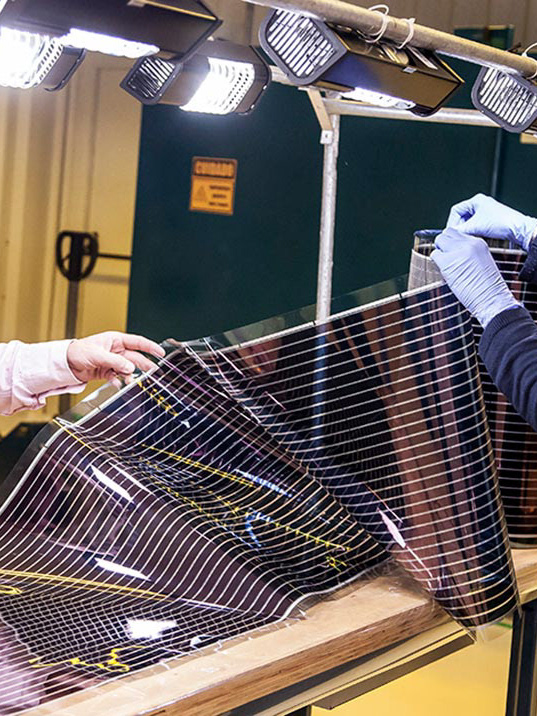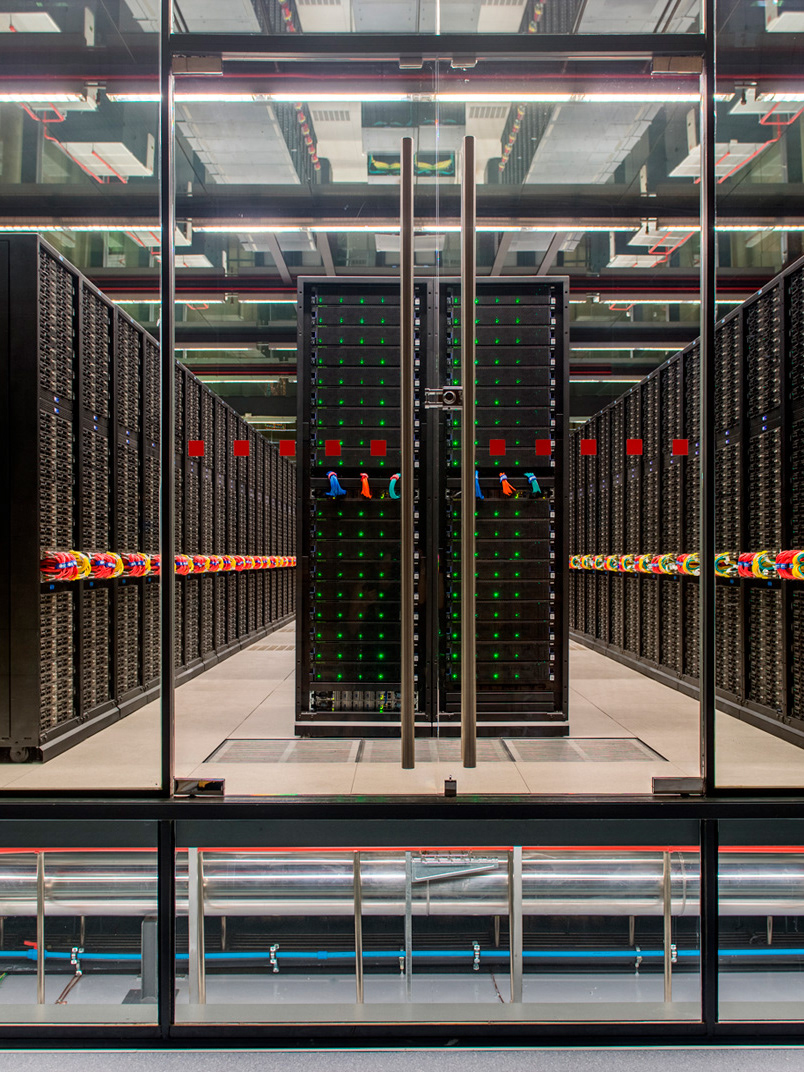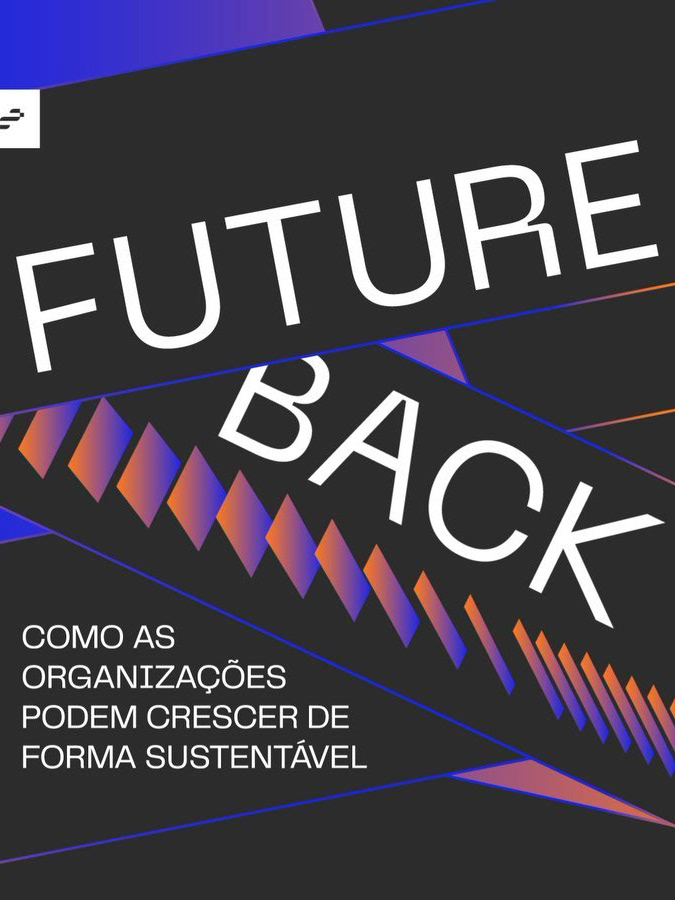I worked as a creative copywriter on the 2017 and 2018 campaigns for the Red Bull Music Academy festival. In this role, I supported the team in the creative development of the communication campaign by creating video scripts and promotional texts for the festival.
Below are examples of how we explored the history of an iconic musical instrument to promote the performance of one of the artists booked for the event:
#RBMASP: The Origin of the Legendary Roland Juno-60
In the history of contemporary music, certain instruments, with their unique and powerful sounds, have managed to define genres and become iconic. Decades after their initial production, they still hold a central place on many artists' stages and help shape the soul of their compositions. This is the case with the Juno-60 synthesizer, produced by the Japanese manufacturer Roland—a beloved piece of gear for Oneohtrix Point Never, one of the featured acts at the Red Bull Music Academy Festival.
Founded in 1972 in Osaka, Roland is renowned for producing a range of synths and equipment that have left a mark on electronic music. Beyond the Juno series, the company created the famous TB-303 bass simulator, which essentially pioneered house music in the United States and acid house, with its adjustable tones ranging from deep bass to more distorted sounds.
The Juno-60 is another of Roland’s successes: a six-voice analog polyphonic synthesizer with a digital oscillator, providing a broad range of sounds. Released in 1982, less than a year after its predecessor, the Juno-60 strengthened Roland's lineup and introduced a series of innovations at an affordable price, catching musicians’ attention. It featured chorus effects, creating a sense of motion, and an arpeggiator, among other functions.
Norwegian band A-ha, Australian group Men at Work, and British synth-pop pioneers Human League all adopted the Juno-60, which helped shape their sound with endlessly adjustable tones. But the Juno’s sound didn’t remain frozen in time. Newer artists who have used Roland’s veteran synth include electro-rock group Animal Collective, British duo Disclosure, and experimental American producer Daniel Lopatin, known as Oneohtrix Point Never.
Lopatin uses the keyboard both in the studio and live. The Juno-60, which he inherited from his father, is largely responsible for OPN's retro-futuristic sound. Lopatin even gave the keyboard a nickname, "Judy," and speaks fondly of it: “I really loved it as a kid. It looked like a cockpit panel,” Daniel recalled in an interview with Resident Advisor. “I started using it in high school. I had a band with my friends, and we wanted to sound like Herbie Hancock's Thrust. Judy gives me amazing gifts, and I give back with back massages."
The artist explains that he uses the keyboard's sounds not only in traditional ways but also as the foundation for textures and other sound fragments through sampling and resampling techniques. "Judy is used for the lead voices. She’s the narrator.” When playing, he also uses an editor to manipulate sampled sounds from the synthesizer, creating the complex landscapes heard in Oneohtrix Point Never’s music.
Daniel Lopatin’s work with the Juno-60 demonstrates how music technology from decades past can find new life when paired with fresh ideas. With a bit of creativity and the right equipment, a universe of possibilities opens up.




